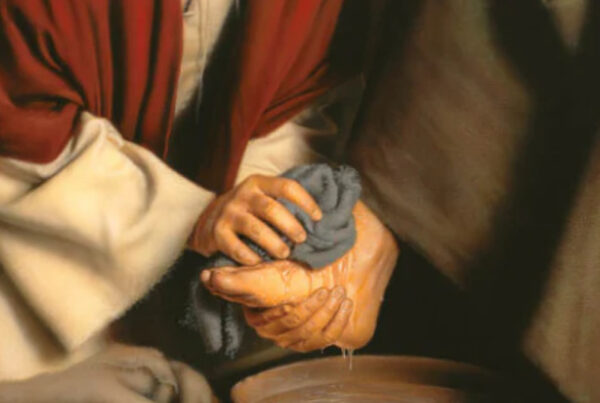Book of Micah: Chapter 1
Micah delivers the first messages given to him by God, “Hear O people, all of you, listen, O earth and all who are in it, that the Sovereign Lord may witness against you, the Lord from His holy temple” (verse 2). Micah begins by painting a scene of a Courtroom, with God as the Judge and Judah and Samaria (Northern Kingdom of Israel and Assyria) as the defendants. God addresses all the people of the earth because He is the Lord of the whole earth (Micah 4:2-3). He is not an earthly judge who needs witnesses to testify before Him. He knows the circumstances of any situation and judges with equity and fairness!
The Judge enters the courtroom, “Look! The Lord is coming from his dwelling place. He treads the high places of the earth. The mountains melt beneath him and the valley split apart” (v3-4a). In Micah 1:5, God simply states that Samaria and Judah are guilty of Idolatry. The full story is described in 2 Kings and Isaiah. When Israel was divided after Solomon’s death, the northern kingdom established its own religious system in direct opposition with the Mosaic law. And what about Judah? Ahaz King of Judah and his people secretly erecting altars of worship in the hills to worship Jehovah and Baal. Following after the Assyrians, Ahaz sacrificed his son on an altar of fire. Perhaps as a sign of loyalty, he took silver and gold from the royal palace and temple and gave it to the King of Assyria as a gift. On a visit to Damascus, Ahaz admired an altar in the Assyrian Temple (to the god Rimmon) and had a replica built and placed prominently inside the temple (2 King 16:10-18). During Ahaz’s reign, Judah continued erecting altars of worship in the hills and even placed altars under large trees outside their cities.
The Judge pronounces sentence, “I will make Samaria a heap of rubble, a place for planning vineyards. I will pour her stones into the valley and lay bare her foundations. All her idols will be broken to pieces…and burned with fire”. (v6-8). The Assyrians turned the beautiful city into a heap of rubble, capturing or deporting its inhabitants (2 Kings 16:8-9). God destroyed the city of Samaria and the Northern Kingdom because of their sin. God also destroyed the Samaritan temple in which they practiced religious rituals for the Assyrian gods and the Lord God. In God’s eyes the Samaritan temple had become the center of religious prostitution for the Jewish people. Micah responded to God’s message by acting like a grieving man who just lost a beloved spouse. He cried out that “Her wound (Samaria) is incurable, it has come to Judah. It has reached the very gate of my people, even to Jerusalem itself” (v. 9-10). Micah was not merely weeping for himself; but, sharing God’s broken heart as well.
In the closing verses of the chapter, Micah describes the ruin of the southern part of Judah by the invading Assyrians (vv.10-16 and 2 Kings 18). Micah used a play on words on the names of the city to convey God’s message that judgment was coming. “Tell it not in Gath (to tell), weep not at all. In Beth Ophrah (house of dust) roll in the dust” (v.10). His message was weep not in weep town and do not roll in dust in dust town. The roll call of the cities goes on. The citizens of Zaanan (“come out”) could not leave their homes because of the coming danger. Maroth is related to “myrrh” and means “bitterness”, meaning their citizens would experience much sorrow. By using these literary devices, Micah was also warning the people that traditional signs of mourning, such as rolling in the dust, weeping, or shaving their heads (v.16) would never save them from the coming judgment. Only true repentance, not empty ritualism was required; before God will again have compassion on them and save them.
Key Verses:
“He comes down and treads the high places of the earth. The mountains melt beneath Him, and the valleys split apart, like wax before the fire, like water rushing down a slope.” ~ Micah 1:2b-3
Questions to ponder:
- What images come to mind when you imagine a courtroom and a criminal trial?
- How do your associations affect your ability to love and obey God?
- How could God permit such suffering and shame to come to His chosen people? What hope did the Lord provide to them?


